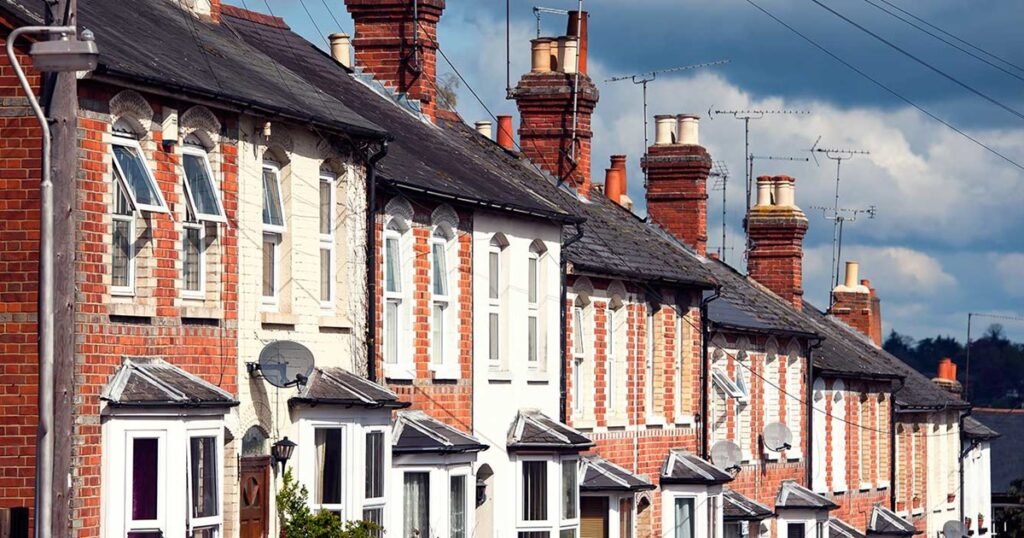Why are mortgage rates rising?
The change in trajectory may come as a surprise as average rates had seemed to be cooling off from their recent peaks after falling for six consecutive months between September 2023 and February 2024.
However, with forecasts delaying expectations for any future cut to the base rate, as well as ongoing volatility in the swap market, many lenders are taking the opportunity to review their pricing. Over recent months, this has resulted in some sub-5% deals being pulled from sale as average rates close in on levels not seen since the start of this year.
While these upward movements may concern borrowers, solace can be found in other aspects of the mortgage market showing greater resilience.
“One positive point to take from the latest trends is that mortgage shelf-life has stabilised to 28 days,” highlighted Rachel Springall, Finance Expert at Moneyfactscompare.co.uk. This is a stark contrast to July 2023, when the average shelf-life of a product stood at just 12 days – the lowest on our records.
Furthermore, despite some lenders making withdrawals, Springall reported “no mass exit of products”. Instead, overall product choice increased month-on-month to 6,565 options – its highest level in over 16 years.
What does this mean if you’re looking for a new deal?
Those coming to the end of an initial fixed term will likely face higher rates when shopping around for a new deal. In May 2022, the average two-year fixed mortgage charged 3.03%, while, in May 2019, the average five-year fixed rate was 2.85%.
Although this may discourage some from securing a new fixed product, doing so could prove more cost-effective than sitting on a lender’s Standard Variable Rate (SVR).
The average SVR remained at 8.18% in May – only marginally lower than the high of 8.19% recorded in November and December 2023. At this rate, borrowers would pay around £290 more each month than if they took out a typical two-year fixed deal (based on a £200,000 mortgage over a 25-year term).

